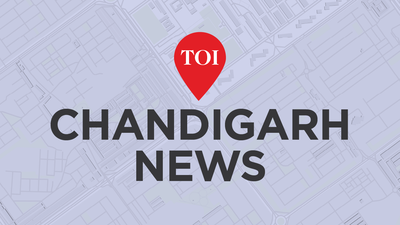- News
- City News
- chandigarh News
- Head injury prevention drive at Sukhna Lake
Trending
Head injury prevention drive at Sukhna Lake
Chandigarh: A drive to create awareness about ways to prevent head injuries was conducted at Sukhna Lake Monday. Morning walkers, early risers and others present at the lake from 6am to 8.30am were told about the need to follow road safety rules, the importance of wearing helmets, and taught about the early recognition and rapid treatment of head injuries to reduce mortality and disability.
The campaign was a joint initiative of the Postgraduate Institute of Medical Education and Research (PGIMER) and UT traffic police.
It was organised by the division of neuroanesthesiology and neurocritical care, in collaboration with the department of neurosurgery and the division of neuroradiology, PGIMER Chandigarh. It was conducted with the support of Chandigarh Police, led by inspector (traffic police) Parvesh Sharma.
Medical superintendent Vipin Koushal and dean (academic) Dr RK Ratho, who were present on the occasion, emphasised the critical role of traffic rule compliance in preventing head injuries. They also highlighted the importance of prompt recognition of danger signs and rapid medical intervention. Prof. Nidhi Panda, head of the division of neuroanesthesiology and neurocritical care, along with Prof. Hemant Bhagat and Dr Amiya Kumar Barik, stressed the significance of fostering a culture of awareness, prevention and preparedness, stating that initiatives like these can help save countless lives and reduce the burden of traumatic brain injuries.
PGIMER's faculty and residents also organised a walkathon, followed by three engaging street plays. These performances effectively conveyed messages on preventing head injuries, avoiding falls in high-risk populations such as the elderly and children, recognising early warning signs, and seeking timely medical intervention—key factors in reducing fatalities and long-term disabilities.
The initiative reinforced the need for collective responsibility in making roads safer and preventing traumatic head injuries.
End of Article
FOLLOW US ON SOCIAL MEDIA










